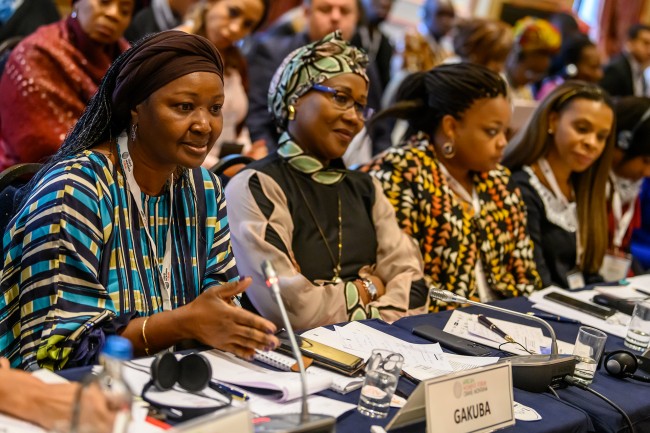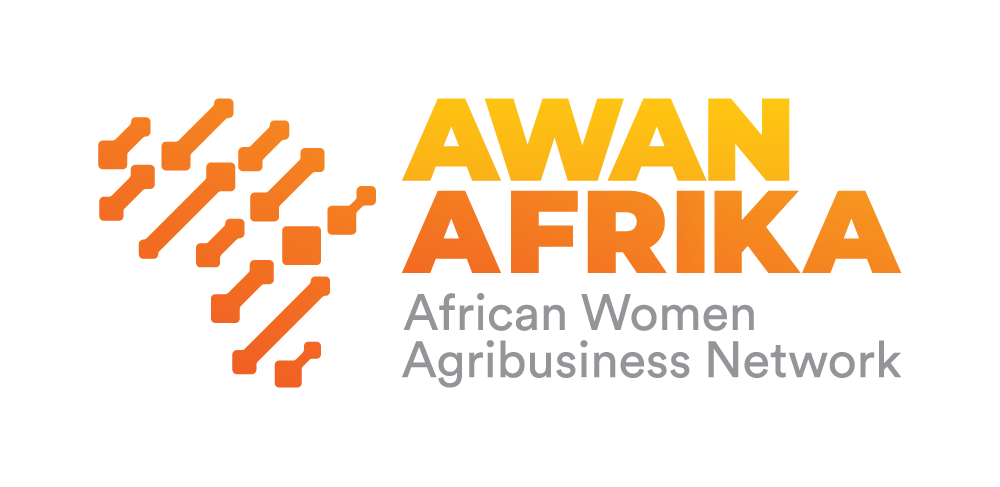
In Kenya’s coastal Mombasa County, Mercy Mghanga, reminisces her past, not so long ago, she sold tonnes of fish to five star hotels in the tourist town and exported the rest to China. More than a month since Kenya announced that it has confirmed its first case of COVID-19, the consequences for fish trade have been far reaching, a dawn to dusk curfew means fishermen do not go out for their catch and so Mary now has no stock to sell to over five hundred women fishmongers (mama karanga in Swahili) who deep fry the fish in the local market, the livelihoods of those women and their dependents have been affected. Hotels in Kenya are still closed and so is the export market, Mary is among thousands of women along the African coastal belts who have depended on fisheries for their living but are now staring at destitution.
It is not just fisheries, her story is repeated in the 42 African countries where Awan Afrika works with over 1,500 women’s networks in different sectors of agribusiness. Our network comprises of individual members’ businesses including producers, processors, aggregators, export companies and input suppliers among others across the continent and globally.
Africa has just over 51,000 confirmed positive cases of COVID-19 this week. While the continent has not been as badly hit as the rest of the world, the World Bank has warned that Africa will face its first recession in 25 years due ongoing disruptions in economic activity.
At risk is the continent’s food security. The World Bank also estimates that the continent will lose 7% in agricultural productivity and 25% in food imports, Africa is a net importer of foods spending at least $35Billion according to the African Development Bank. The over reliance on food imports has now exposed the food security sector to global economic shocks brought about by the lockdowns.
Lockdowns in various countries (In Africa, 31 countries have imposed full border closures ) – as governments battle to contain the spread of the virus have meant that in some areas smallholder farmers who make up 80% of the Africa’s food producers cannot farm. There are fears that productions in the various sectors will fall. Much of Africa’s Agricultural production is manual, the ongoing lockdowns and restrictions in movement are likely to cut labour supply but also harvests and supplies. Women’s productivity is also likely to be affected as they are now at home taking care of children who are not attending school.
The disruptions have also affected the value-chain, those in agribusiness are not able to reach markets.
Unlike wealthy countries, our members and indeed African Agribusiness players do not have the resources to cushion their businesses from the effects of prolonged closures and lockdowns. This therefore calls for urgent financial interventions to help them build resilience for their businesses and also recover from the effects of the Coronavirus pandemic.
When governments finally lift the lockdown and movement restrictions, Mary and many like her will not have money to continue operations, indeed many businesses are staring at complete collapse.
In this global crisis, international solidarity with Africa is required to keep businesses afloat, this could include assisting African governments and non-governmental organizations set safety nets for women-led agribusinesses, this could be in form of cash bailouts or tax breaks as well as support in setting up digital businesses that can withstand the control in movement.
Beatrice Gakuba is the Executive Director of Africa Women Agribusiness Network (AWAN) Afrika is a non profit organization based in Kenya. beatrice@awanafrica.com
